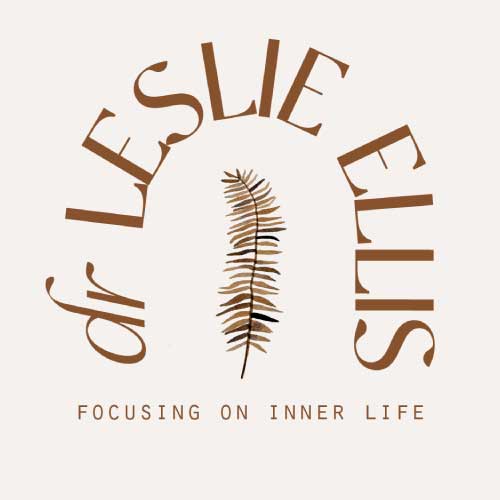Bereavement dreams are common and they help us through the grief process. Surprisingly, dreams following the loss of a beloved person or pet are mostly positive.
Earlier this summer, already made more cruel by the distress and dislocation brought on by the pandemic, I lost my beloved cat Shadow, a massive Maine Coon that was so majestic he seemed almost mythical. He was an outdoor cat who made the rounds of the neighborhood and had many admirers. He left one day never to return…. except in my dreams.
While I still help out hope that he was just holed up in someone else’s home being showered with affection, I was also very concerned, especially when I was shown that a prowling cougar crossed the path of my neighbor’s security camera. In my dreams, Shadow came every night at first, sleeping in the crook of my knees as was his habit. But this dream-Shadow was a glossier, shinier version, the picture of radiant health.
As the summer wore on with no sign of him, I began taking down the posters and admitting to myself that I may never see him again. He still returned in my dreams, but he was increasingly distant and a more faded, tattered version of himself. It was as though he was moving on, and I guess, so was I. Admitting to myself that it was highly unlikely I would see him again, I even got another cat (who is never allowed out except on a leash). It feels as though the dreams helped me, especially the early ones – as though my cat was coming back to reassure me.
Dreams following the death of a loved one, be it a pet or a person, are quite common. They are not always comforting, but they do seem to move the grief process forward. A woman who I did some dreamwork with told me of her dreams after the death of her father, which was a shock made more difficult by the fact that because of her family religious tradition, she was not allowed to see the body and pay her final respects. She told me her father would come often in dreams, with no apparent idea that he was deceased. He would talk to her in these dreams as though all was well, and she would have to live through the fact of his death over and over again every night. Was this helpful? Her feelings about this are decidedly mixed. But she did feel that the dreams helped her overcome the shock of the loss, and to accept its reality.
Dr. Joshua Black studies dreams of grief and loss. He recently investigated the question: “Why are some dreams of the deceased experienced as comforting, while others are distressing?” In his study (2020) with 216 participants whose partner had died, he and his colleagues found that bereavement dreams appear to serve at least three distinct functions: they can assist with processing trauma; they can serve to maintain a bond with the deceased; and/or they can help regulate emotion. Taken together, these functions may “actively facilitate adjustment to bereavement.”
Black became interested in grief when he had a visitation from his father 3 months after his death. His dad had died suddenly, plunging Black into grief he described as numbness, as if all the color had drained from the world. In the dream, his dad had an uncharacteristic lightness about him. In an interview, Black (Bell, 2020) said, “It was the first time I saw him peaceful.” In the dream, he got to tell his dad he missed and loved him and after that, all the color in his world returned. This ultimately led to Black’s decision to research grief dreams rather than follow his plan to teach elementary school. In his dissertation (2018), he studied who dreams of the deceased and why, and found that the desire to maintain continuing bonds is a factor that was not previously considered, and that attachment styles may play a role in who dreams of lost loved ones.
Among Black’s other findings, one of the most surprising is that dreams following loss are not only common, but overwhelmingly positive. After the loss of a spouse, 86% will dream about them over the following year, while 78% will dream of their lost pet within 6 months of their death. More surprising is that 92% of those dreaming of deceased partners will have positive dreams, compared with 44% negative dream content. With pets, fully 91% will have positive dream content.
Black said initial grief dreams tend to offer reassurance, just as Shadow did with me. He was glossy and felt so alive and present it was as if I could reach out and touch him. When these dream figures keep returning, it brings a sense of continuity of connection. And toward the end of life, lost loved ones often come to help ease the life-death transition. So while grief dreams can be painful, most often they help us through the pain of loss.
Some further resources:
Help for nightmare sufferers: CLICK HERE
A short focused course on nightmare treatment for clinicians. CLICK HERE
References
Bell, K. (2020). The Dream Journal Podcast, Sept. 26, 2020 episode with Dr. Joshua Black. Retrieved from ksqd.org/grief-dreams-with-dr-joshua-black
Black, J. (2018). Dreams of the deceased: Who has them and why. Dissertation, Brock University.
Black, J., Belicki, K., & Emberley-Ralph, J. (2019). Who dreams of the deceased? The roles of dream recall, grief intensity and openness to experience. Dreaming, 29 (1), 57-78.
Black, J., Belicki, K., Piro, R., & Hughes, H. (2020). Comforting Versus Distressing Dreams of the Deceased: Relations to Grief, Trauma, Attachment, Continuing Bonds, and Post-Dream Reactions. OMEGA – Journal of Death and Dying.
